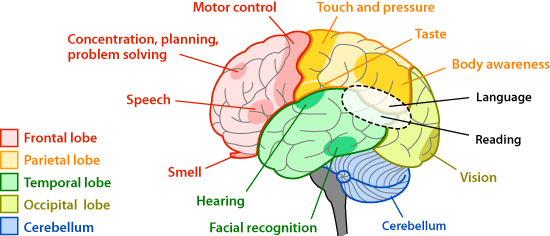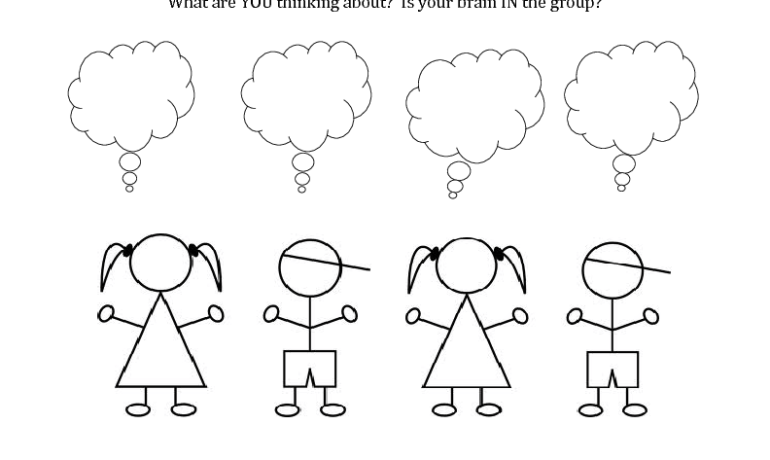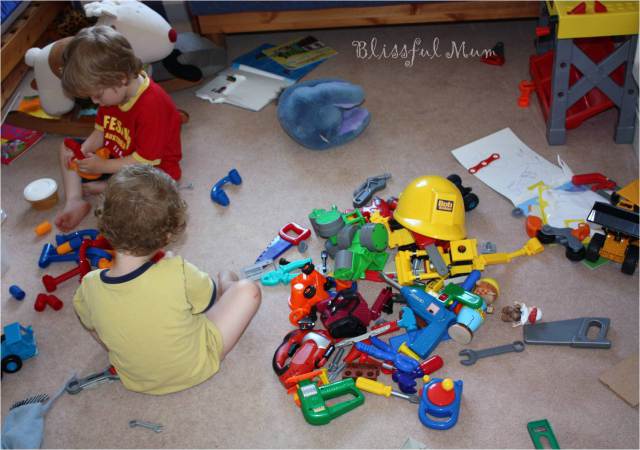The following excerpt from the book Teaching and Learning in the Kindergarten Year by Dominic Gullo describes brain development in the early years. During pre-school and Kindergarten, the brain grows steadily, increasing from seventy percent to ninety percent of its eventual adult weight. In addition to gains…





